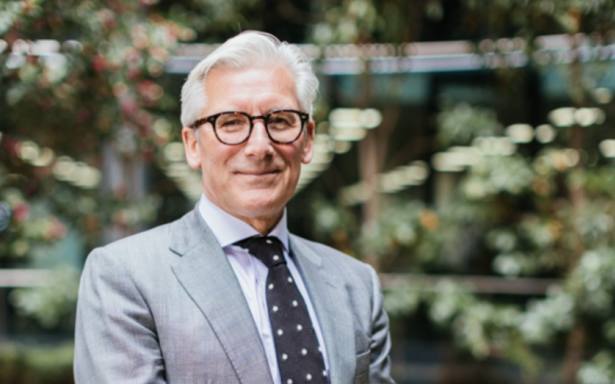
Income investing used to be a lot easier, according to Justin Oliver, deputy chief investment officer at Canaccord Genuity Wealth Management.
He says that some time ago, a fund manager tasked with creating a portfolio to generate an annual yield of 5 per cent could have achieved this by owning developed market government bonds, a large oil company or two, a bank, and perhaps a mining company.
Mr Oliver says such a portfolio would have generated the required level of income, and not been viewed as particularly high risk
But with bond yields at record low levels and the dividend yields of many of the traditional income equities looking perilous, the quest for a 5 per cent yield without taking excess risk has become more difficult.
Fergus Shaw, portfolio manager at Cerno Capital says the problem investors have now is the stocks which pay attractive dividends are also those companies which are not growing, and so are businesses in which a client would not typically want to invest.
Avoid buying just for income
Mr Shaw believes that investors should avoid buying companies solely for income.
He says: “Living on income alone is dangerous now, capital gain has to be part of the mix.”
Rob Morgan, pensions and investment analyst at Charles Stanley says picking stocks based solely on their income streams has come at a price in recent years, as investors will have seen their capital flatline or even fall in some cases: “A high dividend or income strategy has been painful, especially in cyclically exposed sectors, in recent years underlying the importance of diversification and not overstretching for a high starting yield.
"This still applies. With central bankers committed to supporting equity markets, investors are likely to be willing to continue to pay a premium for companies with a high degree of future earnings visibility.
"This means their valuations will probably stay elevated and income yields lower.”
He says UK investors in search of income should take a more global approach to the search for income.
Mr Morgan says: “We expect corporate earnings will not recover to pre-pandemic levels before the end of 2021 – and some of the largest income payers have earnings that do not cover, or barely cover, their dividend payments to shareholders.
"All of this suggests that UK equity investors should, where possible, adopt an open-minded and total return approach – avoiding too much exposure to higher-yielding equities with a high degree of indebtedness, earnings cyclicality and low dividend cover.
"Flexibility is the most important thing to maintain when investing for income. Being able to hold a large range of asset classes, equities, government bonds, corporate bonds, preference shares, funds and so on, allows for diversified sources of income and hopefully resilience through tougher times.”
FTSE 100
The FTSE 100 is a particularly cyclical market, with significant weightings in banks, mining companies and retailers, all businesses that would be expected to do less well when the economy is performing poorly.








